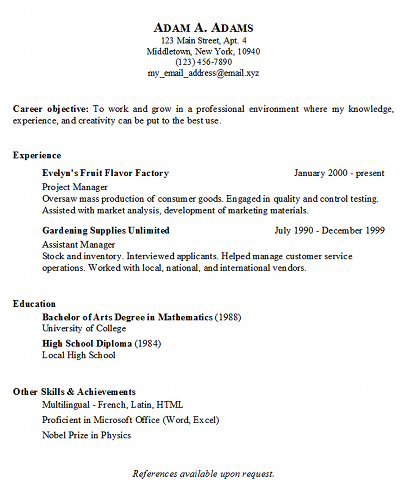Why is a Cover Letter Important?
There are several reasons why a covering letter is an extremely important part of the job application. The primary and single most important reason is that, as a candidate, it is your first real opportunity to connect with your “audience,” who in this case will be the recruitment co-ordinator wherever you have applied for a job.
The quality of a cover letter will say a lot about you as a candidate, and if the quality is not sufficient your CV itself may even be ignored.
What should be included in a cover letter, and what should be left out?
Be Specific Towards The Job
There is nothing more annoying for recruiters than seeing generic cover letters, that are a blatant copy and paste job or, in the modern world where online recruitment is the norm, the simple “Please see my application regarding job reference XXXXX from GeneralRecruitment.com.”
Be specific towards the job you are applying for, the position, location, and if possible even use the person’s name who you are applying to. While “Dear Sir” is still used as a formal tool, using a person’s name makes it personal and gives you an immediate connection.
Don’t Summarise Your CV
One cardinal sin of cover letters is to repeat or paraphrase your personal statement, or give a summary of your CV. You have attached your CV behind the cover letter, so the recruiter will look at this as a natural course of action should your letter be of sufficient quality.
Rather than summarise your CV, try a statement such as “I believe I have a number of important attributes that are relevant to this position, as well as relevant past experiences that you will see from my employment history.” This is simple, connects with the person reading it, and directs them to look at your CV without giving too much away.
Often a recruiter will say things to you such as “I can see that your role at X company was similar to this role,” meaning you have drawn them in well and used your letter to best effect.
Be Brief and Concise
Two paragraphs is often enough for a cover letter. You do not need to tell the recruiter about the skills you learned as a teenager at summer camp, or that you go out every Friday with friends as a release from your current job that you hate.
A safe and effective format to use is to open with an introductory sentence, similar to what we discussed earlier. Then move into a paragraph describing your personal and soft skills, before a second relating these to the job you are applying for. Finish with a simple “Thank you for considering my application,” or words of that ilk, and you will more often than not find your cover letter a resounding success.
Videojug is a professional website that products hundreds of visual aids, including a section about careers and in particularly videos on how to write a cover letter.

